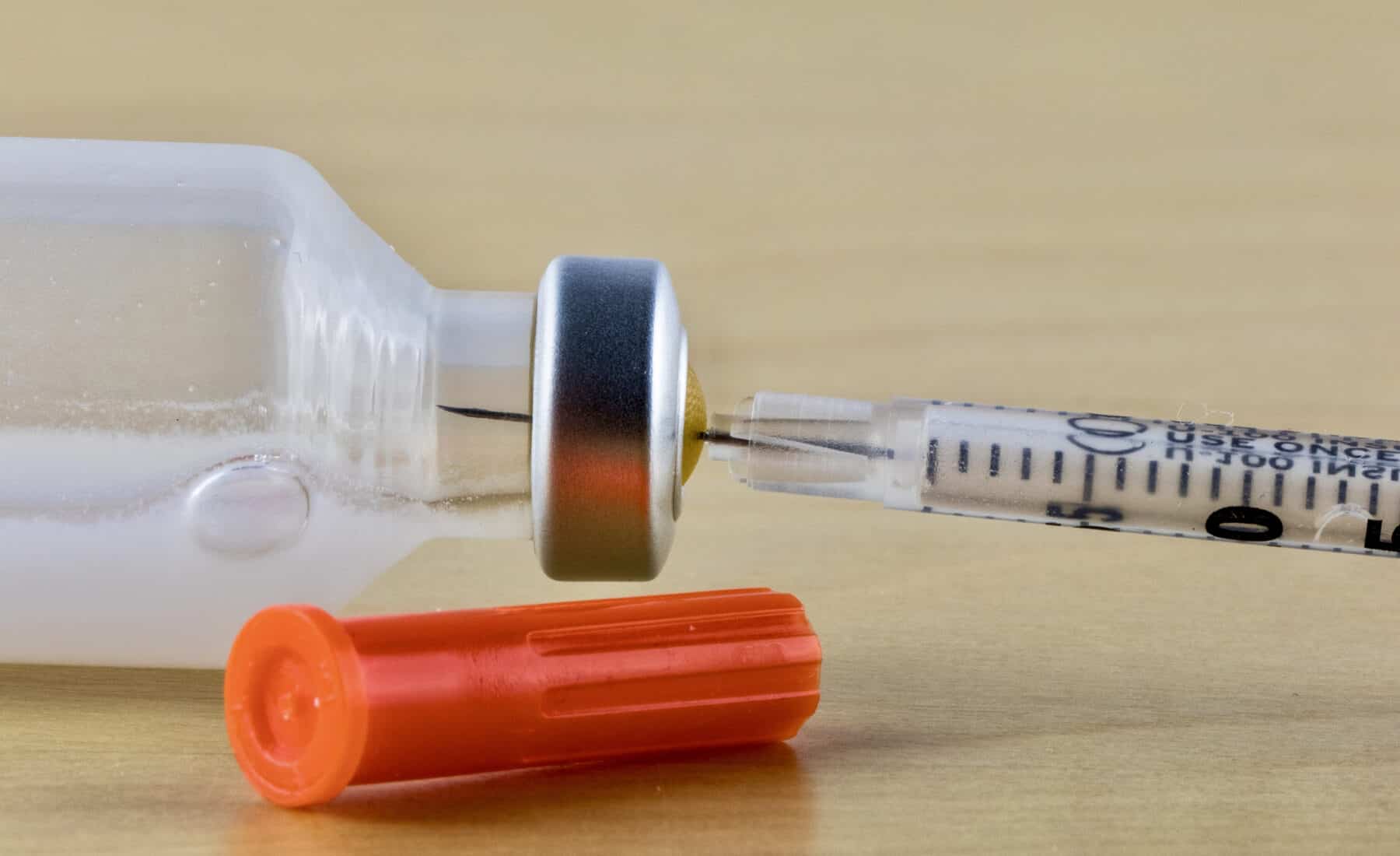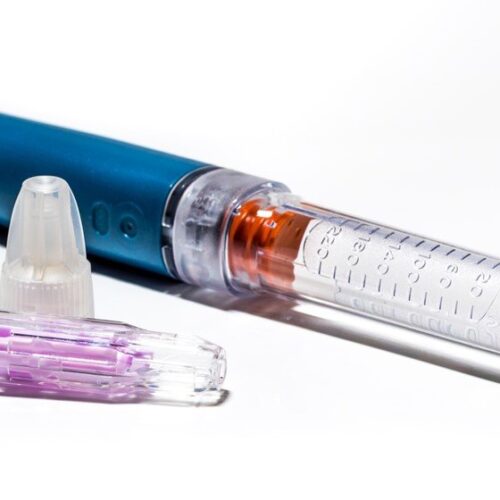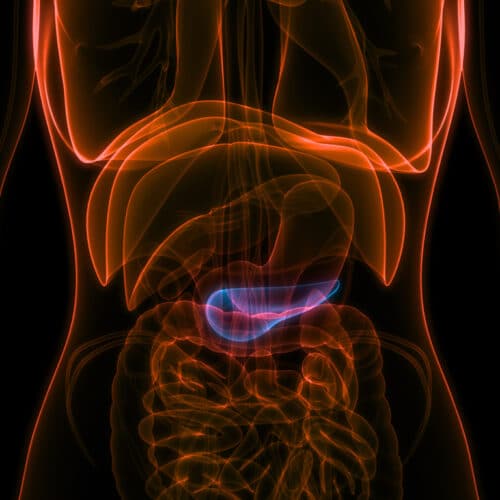In laboratory models of Parkinson’s, liraglutide has shown strong neuroprotective effects. Based on this, Cure Parkinson’s funded Professor Michele Tagliati to undertake a phase 2 randomised, double-blind, placebo-controlled clinical trial of liraglutide in people with Parkinson’s.
The trial
70 participants were given either once-daily injections of liraglutide or placebo injections for 52 weeks. The study was primarily designed to assess changes in symptoms whilst off Parkinson’s medication for 12 hours prior to the assessments. Movement (motor), non-motor and cognitive symptoms were assessed along with a number of secondary measures, including quality of life and daily activities.
The results
The primary analysis of the results included 37 people with Parkinson’s on liraglutide and 18 on the placebo drug. Non-motor symptoms, activities of daily living and quality of life appeared to significantly improve in the group on liraglutide treatment. However, there was no clear difference in motor symptoms between those on liraglutide and those on the placebo; it was noted that there appeared to be a strong placebo effect in this study, meaning the participants, even though none was aware they were taking the placebo drug, believed they were experiencing therapeutic results. This is consistent with the often reported association of more invasive treatments causing a stronger placebo effect.
The research team also reported a significant lowering of body mass index (BMI) and average blood glucose levels in the active drug group, which is to be expected in the action of GLP-1 receptor agonists in the body.
Interestingly, significant mobility improvements were reported by people taking liraglutide in their quality of life experiences, and this was more than in the placebo group. Whether this is due to improvements in their BMI, or because of the effect of liraglutide on their Parkinson’s, requires further investigation.
Overall, the trial results provide encouraging insights into the effects of liraglutide treatment in Parkinson’s, particularly with non-motor symptoms, aspects of daily living and quality of life. The results add to a growing body of evidence exploring GLP-1 receptor agonists in people with Parkinson’s, with further trial results expected later this year and in 2023.
These results are an encouraging and critical step in our pursuit of therapies that slow or stop Parkinson’s progression. We believe diabetes medications, such as liraglutide, hold particular promise and look forward to additional results from the trial.
Patrik Brundin, Professor of neuroscience, Van Andel Institute
Additional information – expand to view
Further analysis continues and many participants are still being followed in the one-year observational study which is due to complete in August this year. We look forward to seeing the findings from the additional analysis planned to investigate whether certain people respond more substantially to liraglutide than others. Such information could be informative in the design of any future trials of liraglutide as it might be possible to select participants based on their likelihood to respond. Understanding who responds to certain treatments will help build a strategy of personalised medicine in the future.
Notes to Editors:
For more information or press enquiries: rachel@cureparkinsons.org.uk or 01923 779555
About Cure Parkinson’s
We’re here for the cure. Cure Parkinson’s is working with urgency to find new treatments to slow, stop and reverse Parkinson’s. Our funding and innovation has redefined the field of Parkinson’s research, enabling the world’s leading researchers to prioritise the next generation of drugs for clinical trial. Together we will conquer Parkinson’s.
Further information at cureparkinsons.org.uk
Cure Parkinson’s is the operating name of The Cure Parkinson’s Trust. The Cure Parkinson’s Trust is a registered charity in England and Wales (1111816) and Scotland (SCO44368) and is a company limited by guarantee – company number 5539974 (England and Wales).




